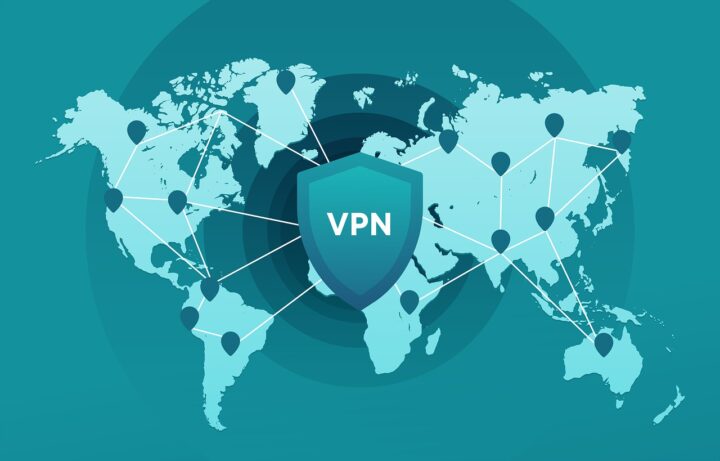Internal security threats are the possibility that authorized employees within a corporation will endeavor to compromise corporate systems to conduct espionage or disseminate dangerous malware.
The attack may aim to install malicious malware to the company, as in the recent IKEA cyberattack where hackers used authentic logins to send virus-embedded emails. It is perplexing, given that businesses rely on the highest levels of trust and loyalty, and employees enjoy additional privileges that they may choose to misuse.
Companies can protect themselves by improving their security measures such as two-step verification, proper storage, and disposal of personal identification, and using VPNs.
Benefits of Using a VPN

VPN stands for Virtual Private Network. These are simple and easy to install software, following the prompts.
Although IOS software is one of the most secure operating systems, safeguarding its mobile platform from the worst sorts of malware, iOS software cannot protect you from cyberattacks, advertising, and ISPs who pry and track your internet activity.
More so, when connected to free public wifi. All phone communication is fully encrypted except where law enforcement equipment can intercept calls when need be. Choosing a VPN depends on your budget and preferred features, and that said, there is more information about VPN for IOS that you can find on the internet, especially the degree to which VPNs safeguard you. Also, the use of fake wifi networks that seem like the real thing and trick your iPhone into connecting without you knowing presents a new danger.
Here are some of the significant advantages of IOS VPNs available.
VPNs Encrypt Internet Traffic
All browsing activities are encrypted. Nobody can access your browsing data, including ISPs (Internet Service Providers). The benefit is that ISPs cannot control internet speeds; neither can hackers access sensitive information, nor can advertisers gather data for targeted advertising.
Personal Identification data and Passwords are not exposed
Public wifi especially is prone to monitoring by hackers who access personal information or passwords and hack devices. With a VPN, hackers cannot decrypt any data stolen from your machine.
Ensuring Privacy
Every computer has an IP address that websites use with the help of cookies to determine your location. Companies like Amazon use algorithms depending on previous activity on their website to determine possible interests you see once you log in. Advertisers also use this technique.
Using a VPN keeps your location secret or toggles it to your preferred region so that you can bypass websites that will show your country or location is limited, giving a 404 or forbidden error. However, some websites like Paypal do not condone VPNs and are likely to view them as spyware.
How To Prevent Internal Security Threat
Here are some of the top proven methods to prevent internal security threats in 2022 and beyond:
● Have a robust security policy framework on company data
Ensure that your policy outlines the restrictions on who can access and disseminate information on your workers, contractors, and anybody else who could be the subject of an inquiry. Legal action may be an option if this data is misused. Make clear what data is accessible to whom and under what conditions, and who can access and distribute this information. The policy must outline the repercussions of misusing corporate resources.
- Prioritize physical security, regardless of whether the premises are leased or rented. You can avoid most insider incidents if you keep employees away from your vital infrastructure.
- Discourage the use of personal flash discs for information transfer and storage.
- Ensure that only authorized personnel have access to high-value systems. Back up use of keycards with biometric identification for complete two-step verification.
- Lockable drawers should be available in every employee’s workspace to protect confidential information.
- Properly dispose of company data. Use a shredder for paperwork, erase and write incomprehensible material on digital records.
● Conduct a background check on new hires.
A good rule of thumb is to investigate an applicant’s background thoroughly. Consider outsourcing background checks if your company finds them time-consuming.
● Robust Authentication
Passwords are out of style, and software can easily crack them. Besides, employees tend to share some passwords. Step up your system’s security by timing sessions requiring reauthentication to log back in.
Final Submission
Guarding against internal security threats must be systematic and is critical. Safeguarding company data must be outlined in a standard of operation procedure aside from strict security measures, including VPNs utilization.


















